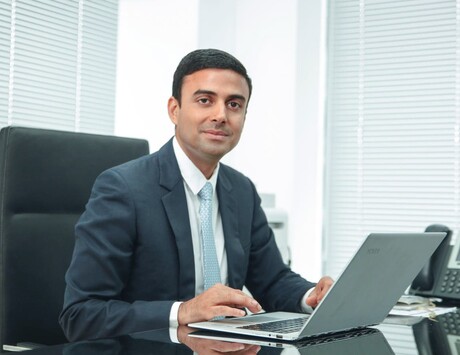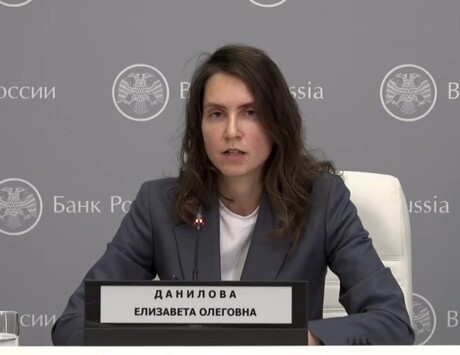Let’s put our differences aside and together fight the Islamist terrorists who threaten our way of life
By Evgeny Lebedev
There is another Bataclan, one that stretches across the Syrian desert for hundreds of miles and deep down into Iraq. It is a theatre of fear in which 10 million people or more are rushing for the exits.
It has reached into Nigeria, Libya, Afghanistan, parts of North Africa and South Asia. The ideology being preached inside it is as sophisticated as the rattle of a Kalashnikov. And its instinct is as base as that of a cancer cell – to expand and to destroy whatever it meets.
On Question Time recently, Sir Max Hastings, the very distinguished military historian and former Telegraph editor, told me that the so-called Islamic State of Iraq and the Levant (Isil) is not an existential threat. It does not pose a threat to our way of life, he said, that is total, like Nazi Germany did.
On this point, I disagree. The study of conflicts and cancers show that they tend to begin in the same way. Nazi Germany is a case in point. First, the expansion of a colour on a map, a spreading malignance – later, a bafflement in the student as to why action was not taken sooner. Isil may not be backed by the wealth of nations, it may not have vast armies, but its tentacles already reach within us, from Raqqa to Rotherham, Daara to Dewsbury.
Its methods represent the different world in which we now live. These vile barbarians behead aid workers, push the elderly off tall buildings and torture the young and vulnerable. Those who think we can engage with such subhuman scum have short memories and naive imaginations.
Isil has targeted Russia and the West with equal abandon. And now, after a Russian fighter jet was shot down by Turkey, it seeks to call all the world into conflict over it. It is crucial that this incident does not weaken the resolve of a growing alliance whose common interest is clear. That is why Turkey’s behaviour was so counter-productive. What did they think they were doing? They ought to know that their people and Russia have a common enemy – namely, Isil.
Of course, fundamentalist Islam cannot be defeated by force alone. The air strikes outlined by the Prime Minister will not be sufficient. Barack Obama recently explained that it is no great surprise that disaffected Sunnis in many parts of the world, with no education and no prospects, find validation in becoming fighters, in joining “the toughest gang around”, especially when a deception masquerading as a religion is offered to them as part of the package. He was right when he said that this disaffection must be combated through education, development and better opportunities.
But that cannot and should not weaken our resolve to destroy those who, in the meantime, are feeding upon this disaffection.
There are moderate Sunni forces and political voices in Syria capable of taking steps towards a viable and peaceful Syrian future. And in the wider world there are diplomatic and developmental steps to take, to defeat the ideology of Isil as well as its weapons, all the way from the mosques of east London to Lahore.
But first, we must act. With 9/11, the threat from al-Qaeda became existential, and shortly afterwards, a long war was waged against them in Afghanistan, where they were given safe harbour by a morally bankrupt government. Isil today is far more sophisticated and capable than al-Qaeda was then. And it has always surprised me that, in the long years since, when no subsequent atrocity on that scale occurred, that much of the Western public seemed to become convinced of the pointlessness of the mission. That it would take a failure – another devastating attack – to prove its worth. That reasoning is false.
The action in Afghanistan did not cure Afghanistan’s problems of governance, which are highly complex and centuries old. Mistakes were made, undoubtedly, but al-Qaeda’s leaders, power-brokers and decision-makers were tracked down and killed and the organisation all but nullified.
Now we say that Isil has “taken its place”. That’s sloppy thinking. Too often I hear the actions in Afghanistan and Iraq idly conflated as one and the same thing, and that everything the West has done in the past 14 years has only made the world a more dangerous place: there is nothing we can do. I do not accept that. Isil is a consequence partly of poor post-invasion planning in Iraq, but also of the Arab Spring and the Syrian civil war. They are not of our making.
The totalitarianisms of the 20th century tended to be attached to state power. Today they are attached mostly to Islamist terrorists. There are new armies and ideologies to defeat; and just as Churchill stepped up to the challenge where Chamberlain stepped back, so we need the courage and political leadership to fight the latest threat to civilisation.
Seventy years ago, Russia and the West came together, when their similarities in the face of something vile outweighed their differences. As people from Paris to Palmyra know, this is an existential threat all right; and as Sir Max knows, history will not be kind to the appeasers.
Evgeny Lebedev is the owner of the Independent newspapers and the London Evening Standard



